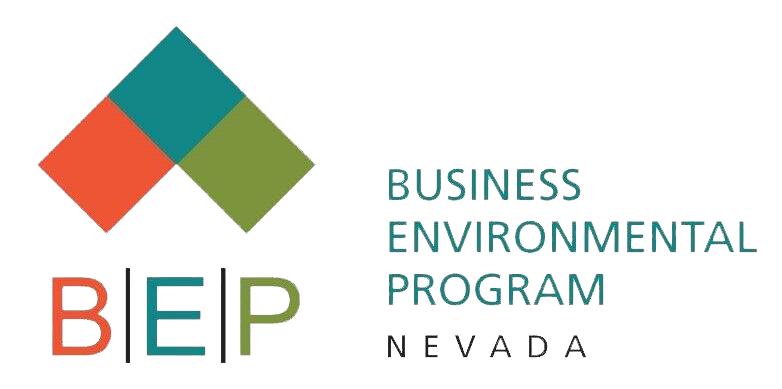Rule Expected to Save Up to $15 million Annually
WASHINGTON — U.S. Environmental Protection Agency (EPA) Acting Administrator Andrew Wheeler signed a final rule streamlining standards for managing hazardous waste pharmaceuticals in the healthcare sector. The final rule is expected to result in up to $15 million in costs savings annually.
“These common-sense updates will help the healthcare sector safely manage hazardous waste pharmaceuticals and will reduce the amount of pharmaceutical waste entering our waterways by roughly 2,000 tons,” said EPA Acting Administrator Andrew Wheeler. “By streamlining the standards for the healthcare sector, this final rule will protect drinking water and generate up to $15 million annually in cost savings.”
The final rule offers streamlined standards for handling pharmaceutical wastes to better fit the operations of the healthcare sector while maintaining protection of human health and the environment. In addition, as part of this rule, EPA is bolstering the protection of our nation’s waterways by prohibiting the “sewering” of hazardous waste pharmaceuticals. This will make our drinking and surface water safer and healthier by reducing the amount of hazardous waste pharmaceuticals entering our waterways by an estimated 1,600 – 2,300 tons annually. EPA has a long-standing policy of strongly discouraging the flushing of pharmaceuticals down the drain in any situation.
The rule provides flexibilities and benefits for hospitals, pharmacies, and doctor’s offices to safely manage hazardous waste pharmaceuticals. Also, under this final rule FDA-approved over-the-counter nicotine replacement therapies (i.e., gums, patches, lozenges) will no longer be considered hazardous waste when discarded, which will result in significant cost savings and burden reduction for the healthcare industry. In addition, the final rule eliminates dual regulation for hazardous waste pharmaceuticals that are also Drug Enforcement Agency controlled substances, further easing regulatory burden.
Background
The rule reaffirms EPA’s long-standing policy that non-prescription pharmaceuticals and other unsold retail items that have a reasonable expectation of being used/reused or legitimately reclaimed are not solid waste. It also provides regulatory certainty that the Resource Conservation and Recovery Act (RCRA) applies when healthcare facilities send unused, unsaleable pharmaceuticals to reverse distributors to receive manufacturer credit. Simultaneously, the rule incorporates flexibilities to accommodate current business practices to facilitate its implementation.
For more information on the rule, visit https://www.epa.gov/hwgenerators/final-rule-management-standards-hazardous-waste-pharmaceuticals-and-amendment-p075
